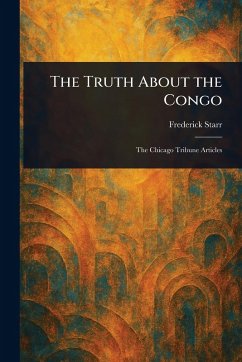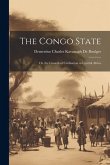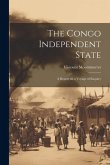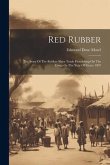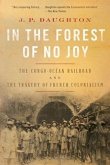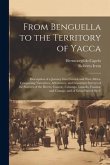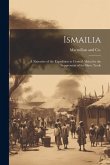Delve into a pivotal moment in colonial history with Frederick Starr's "The Truth About the Congo: The Chicago Tribune Articles." This republication offers a crucial perspective on the Congo Free State under the reign of Leopold II, later known as the Belgian Congo. Starr's writings provide a detailed examination of the political and governmental landscape of the Congo between 1885 and 1908. Explore the complex narrative of this period, a critical turning point in African history. Gain insight into the colonialism and post-colonialism forces that shaped the region. This collection of articles sheds light on a significant chapter in the history of Central Africa, offering valuable context for understanding the long-term impacts of Leopold II's administration. A vital resource for anyone interested in African history, political science, and the lasting legacy of colonial rule. This work has been selected by scholars as being culturally important, and is part of the knowledge base of civilization as we know it. This work is in the public domain in the United States of America, and possibly other nations. Within the United States, you may freely copy and distribute this work, as no entity (individual or corporate) has a copyright on the body of the work. Scholars believe, and we concur, that this work is important enough to be preserved, reproduced, and made generally available to the public. We appreciate your support of the preservation process, and thank you for being an important part of keeping this knowledge alive and relevant.
Bitte wählen Sie Ihr Anliegen aus.
Rechnungen
Retourenschein anfordern
Bestellstatus
Storno

